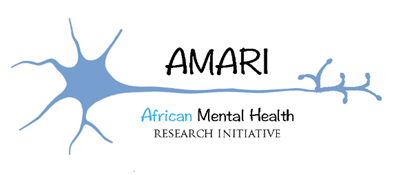University of Ghana
Kenneth Setorwu Adde holds a PhD in Population and Health from the University of Cape Coast, Ghana. He is a Programme Manager at the University of Ghana, School of Public Health, managing the NIHR funded African Youth in Mind (Y-MIND) project, and the Fondation Botnar-funded Y-Check project (The effectiveness and cost effectiveness of adolescent health and wellbeing check-ups in three African cities) in Ghana. He is also a Co-Investigator for the National Research Foundation funded project titled ‘YOUTH-WELL: A study to develop and validate a relational wellbeing tool for youth in Ghana using participatory methods.’ Kenneth is also a collaborator for the HEATSCAPE-Africa project funded by the Wellcome Trust to investigate how factors at the individual, interpersonal, community and policy levels shape heat exposure, sleep disturbances and cognitive impairment and how these, in turn, contribute to depression and anxiety.
Kenneth has extensive experience managing and coordinating complex research projects and the implementation of complex studies and interventions in low-resource settings. He has several publications in peer-reviewed journals. His research interests focus on mental health, maternal health and implementation science, with particular emphasis on adapting and testing interventions that address mental health challenges in the African contexts.
For his Post-Doctoral Fellowship, Kenneth is co-developing a culturally sensitive framework to provide a sustainable pathway for integrating digital health in the delivery of mental health services in Ghana. Drawing on insights from health care data and the experiences of health care professionals and service users during the COVID-19 pandemic to support the advancement of digital mental health interventions in Ghana. He aims to yield a framework for enhancing mental healthcare delivery, particularly in preparation for future public health crises, and to guide strategies for fortifying Ghana’s mental health infrastructure in the aftermath of COVID-19.

